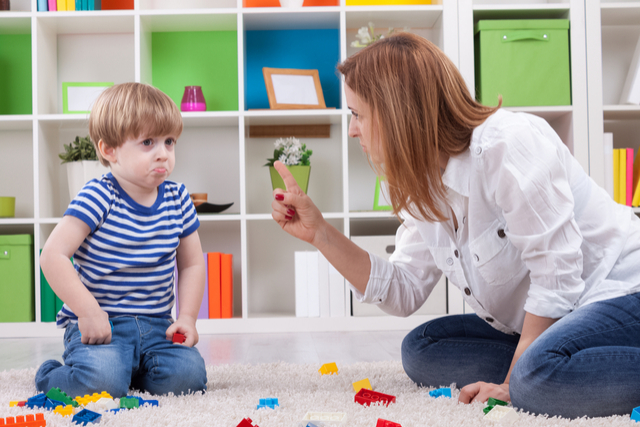7 Benefits of toddlers/children throwing a tantrum
1. Releases Stress
Our tears contain the stress hormone that is otherwise known as cortisol. When children cry, they are expunging this stress hormone from their body. It is thus noteworthy that most children feel much happier and are generally more well-behaved after throwing a tantrum. Moreover, the release of tears is known to decrease the blood pressure of the individual. If crying is followed by parental warmth and care after the tantrum, it can be beneficial for the child’s mental well-being since it helps them to deal with and remove emotional stress. A child who actively expresses his emotions does not stockpile them within himself.
2. Learning the boundaries
Usually, tantrums are caused by parents rejecting their children’s demands or wishes. It is imperative that we teach our children early on what is acceptable of them and what is outrageous. Although it might seem unpleasant and wicked to disappoint toddlers at such a young age, it is crucial that we set the boundaries early on in order to mold children into better versions of themselves via discipline and responsibility. A temporary state of disappointment is a preferable outcome to spoiling our children.
3. Tantrums help children to sleep better
As mentioned above, tantrums release emotional stress and negative feelings. These thoughts tend to creep into our heads when we are going to sleep. When we are actively seeking to rest, our thoughts may run wild and we have more time than ever to fret over matters. Thus, if a child is allowed to express those feelings and get them off his/her chest, they are emotionally stabilized and may return to their natural, quieter and more peaceful state of mind. This may result in better sleep.
4. Tantrums at home may decrease the frequency of them occurring in public areas
Children usually seek the attention of their parents. Henceforth, if they are set on throwing a tantrum, they would actively seek to do it at home and in private since they are aware that their parents’ attention belong to him/her alone and thus will spend more effort and time in quelling the tantrum. It is during these scenarios that parent and child will listen to each other’s problems and attempt to negotiate. Such interactions strengthen bonds of trust and familiarity within the family through parents displaying empathy towards their children’s grievance. In doing so, this reduces the likelihood of children seeking to air their grievances in an outside setting as their parents has already shown them adequate attention.
5. Tantrums help develop intelligence
Children will begin to reflect more on their actions and behavior after a tantrum is resolved. Although they may be stumped initially when attempting to deal with a problem that they are unable to solve, they might be able to tackle it with a clearer and reflective mind after throwing a tantrum. Sometimes, it requires a lesson in failure to motivate children towards overcoming dilemmas on their own.
6. Tantrums help to build and develop self-confidence
Tantrums are the first few steps taken by any child towards independence and reliance on themselves. They eventually develop a sense of autonomy where they are finally aware that they can oppose their parents and stand on their own two feet. While this may not always be desirable, it is good for the child’s confidence in him or herself. Tantrums may be an extension of this self-awareness as they are now finally exposed to scenarios where their parents will not always support or be there for them and that they will have to be independent some time.
7. Tantrums can heal
When parents are dealing with their child’s tantrums, they might have flashbacks to their own childhoods and their very own disputes with their parents. The emotional imprints of experiencing of their own parents’ reactions back then could resonate within themselves again. All manner of emotions may be invoked again with our grievances, frustrations and repressed memories resurfacing again. This allows parents to better empathize with their child’s mentality as well as potentially addressing some darker aspects of our past that we have subconsciously buried. Discussing these resurfaced memories with our partners or even our children may help us to come to peace with some of our inner demons that we may have buried.
